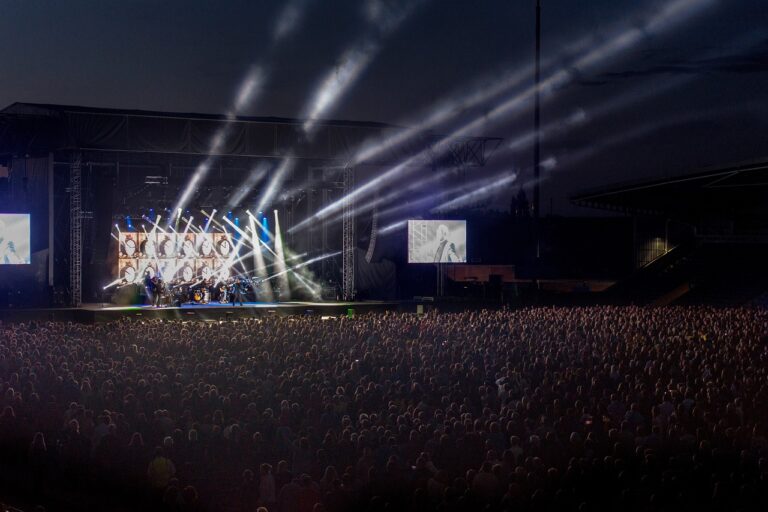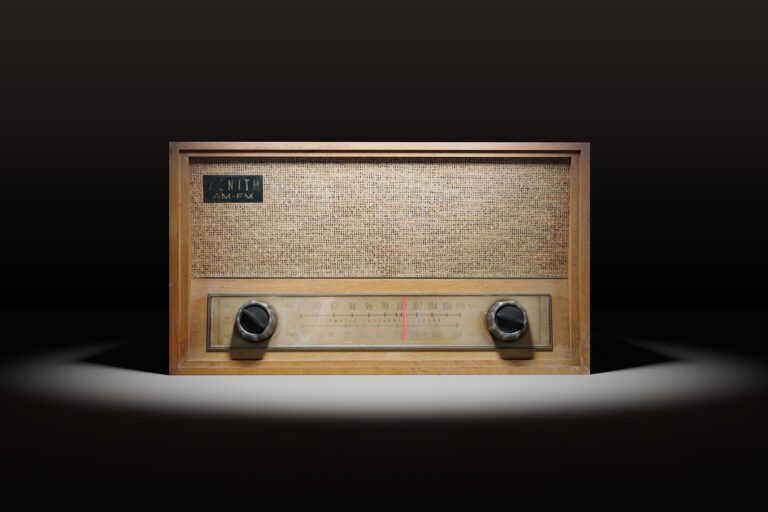Sustainability in Podcast Production: Energy-Efficient Equipment
cricketbet999, 11xplay online id, betbhai9:Sustainability in Podcast Production: Energy-Efficient Equipment
In today’s world, sustainability is a critical issue that affects every industry, including podcast production. As podcasting continues to grow in popularity, it’s essential for producers to consider the environmental impact of their work. One way to reduce this impact is by using energy-efficient equipment. By investing in equipment that consumes less energy, podcast producers can minimize their carbon footprint and contribute to a more sustainable future.
Energy-efficient equipment is designed to use less electricity while still delivering high-quality performance. This means that podcast producers can create top-notch content without compromising on the quality of their work. By using energy-efficient equipment, producers can also save money on their energy bills in the long run.
Here are some key factors to consider when choosing energy-efficient equipment for podcast production:
1. Microphones: One of the most critical pieces of equipment in podcast production is the microphone. When choosing a microphone, opt for one that consumes less power while still delivering clear and crisp sound quality. Look for microphones that have a low power consumption rating and are made from sustainable materials.
2. Audio Interfaces: Audio interfaces are essential for connecting microphones and other audio equipment to your recording device. Choose an energy-efficient audio interface that has a high-performance rating and low power consumption. Look for interfaces that are energy star certified and have energy-saving features such as automatic power-off.
3. Computers: Computers are the backbone of podcast production, so it’s crucial to choose one that is energy-efficient. Look for computers that have a high-performance rating and low power consumption. Consider investing in a laptop or desktop computer that is energy star certified and has energy-saving features such as sleep mode and power management settings.
4. Recording Software: Recording software is another key element of podcast production. Choose software that is energy-efficient and optimized for performance. Look for software that has energy-saving features such as auto-save and auto-backup to reduce energy consumption during recording sessions.
5. Headphones: Headphones are essential for monitoring audio during recording and editing. Choose headphones that have a low power consumption rating and are made from sustainable materials. Look for headphones that have energy-saving features such as automatic power-off and adjustable volume controls.
6. Lighting: Lighting is crucial for creating a professional podcasting environment. Choose energy-efficient LED lights that consume less power than traditional incandescent bulbs. Look for lights that have energy-saving features such as dimmable settings and automatic shut-off timers.
By investing in energy-efficient equipment, podcast producers can reduce their environmental impact and contribute to a more sustainable future. Not only will this benefit the planet, but it can also save producers money on their energy bills in the long run. Sustainability in podcast production is achievable with the right equipment choices.
FAQs:
1. What are some other ways to make podcast production more sustainable?
In addition to using energy-efficient equipment, podcast producers can also reduce their environmental impact by choosing eco-friendly materials for their studio setup, using renewable energy sources, and minimizing waste production.
2. How can I determine the energy efficiency of equipment?
Look for energy star certification, power consumption ratings, and energy-saving features when choosing equipment for podcast production. Additionally, consider conducting an energy audit of your studio to identify areas where energy consumption can be reduced.
3. Are there any government incentives for using energy-efficient equipment?
Some governments offer tax incentives, rebates, or grants for businesses and individuals who invest in energy-efficient equipment. Check with your local government or energy provider to see if there are any incentives available for podcast producers.
4. Can energy-efficient equipment impact the quality of my podcast?
Energy-efficient equipment is designed to deliver high-quality performance while consuming less power. By choosing reputable brands and models, podcast producers can ensure that their content remains top-notch while reducing their environmental impact.







